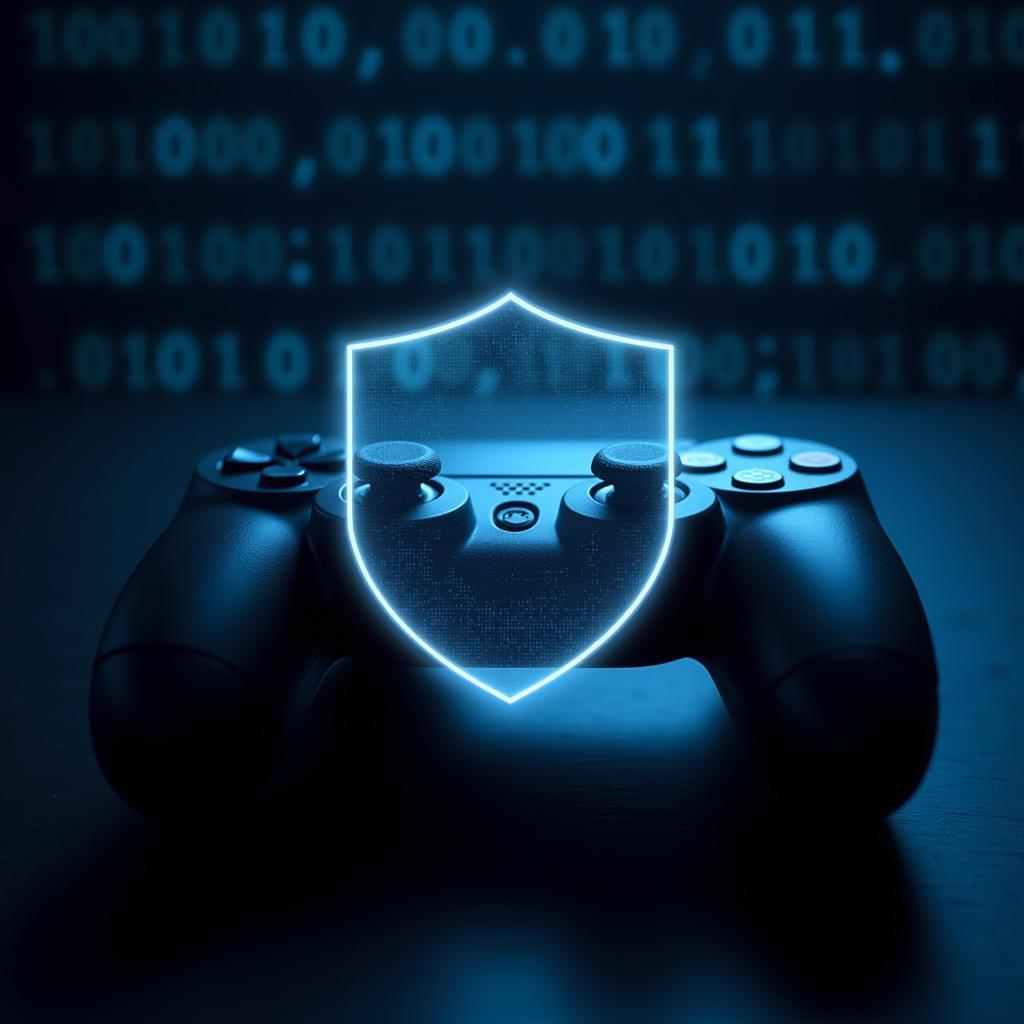The gaming industry thrives on innovation, and Game Patents are at the heart of protecting that creativity. They secure intellectual property, fostering a competitive landscape and driving further advancements. But what exactly does a game patent entail?
 Game Patent Protection for Intellectual Property
Game Patent Protection for Intellectual Property
Protecting your innovative game mechanics or unique design elements is crucial in today’s competitive market. How do you ensure your groundbreaking work remains yours? Enter game patents. A game patent offers legal protection for your unique game mechanics, software, hardware, or even design elements. It’s a vital tool for any game developer, from independent creators to large studios, looking to safeguard their creations. This article will delve into the intricate world of game patents, exploring their importance, the process of obtaining one, and the challenges involved. Think of it as your ultimate guide to navigating the legal landscape of the gaming industry. What is a game patent, and why is it important? how to patent a game
What Are Game Patents and Why Do They Matter?
Game patents are legal documents granting exclusive rights to inventors for their unique game-related inventions. These can include game mechanics, software code, hardware designs, and even specific aesthetic elements. Having a game patent offers significant advantages, providing a legal recourse against infringement and allowing developers to license their creations, generating revenue.
What exactly can be patented in a game? While game stories and general concepts are typically not eligible, specific mechanics, algorithms, and unique technical implementations often are. This can include innovative control schemes, unique level generation algorithms, or even the way a game handles player interaction. Understanding the scope of what’s patentable is key to maximizing protection.
Navigating the Game Patent Landscape
The process of securing a game patent can be complex. It involves detailed documentation of the invention, a thorough search for prior art (existing patents or publications), and a formal application process. The key is to demonstrate novelty and non-obviousness – proving that your invention is truly unique and not a mere extension of existing ideas.
How to Secure a Game Patent: A Step-by-Step Guide
Obtaining a game patent requires careful planning and execution. Here’s a simplified breakdown:
- Document Everything: Maintain detailed records of your game’s development, including concept sketches, code revisions, and design documents. This documentation will be crucial in proving the originality of your invention.
- Conduct a Prior Art Search: Before filing a patent application, thoroughly research existing patents and publications to ensure your invention is truly novel. casiani This search can help you identify potential conflicts and refine your claims.
- Draft a Patent Application: Prepare a comprehensive patent application that clearly and concisely describes your invention, its claims, and its technical specifications. This document is the core of your patent application.
- File the Application: Submit your completed application to the relevant patent office. Be prepared for a potentially lengthy examination process. else bra
- Respond to Office Actions: During the examination process, the patent office may raise objections or request clarifications. Responding to these office actions promptly and thoroughly is essential for a successful outcome.
Understanding the Challenges of Game Patents
The game patent landscape is not without its challenges. The rapid pace of innovation in the gaming industry means that what’s novel today might become commonplace tomorrow. This makes securing a broad and enforceable patent particularly challenging. Additionally, the abstract nature of some game mechanics can make it difficult to clearly define the invention in legal terms.
The Future of Game Patents
As the gaming industry continues to evolve, so too will the landscape of game patents. With the rise of new technologies like virtual reality and augmented reality, new challenges and opportunities are emerging for game developers seeking to protect their inventions. asetek wheel Understanding these emerging trends will be crucial for navigating the future of game patents.
 Future of Gaming Patents: VR and AR
Future of Gaming Patents: VR and AR
“The key to a strong game patent lies in meticulous documentation and a clear understanding of the legal requirements,” says Hans E. Bishop, a leading expert in intellectual property law for the gaming industry. “A well-crafted patent can be a game-changer for a developer.” Another expert, Dr. Amelia Casiani, emphasizes the importance of staying ahead of the curve. “The gaming industry moves fast,” she says. “Continuous innovation and strategic patent filings are essential for long-term success.”
Conclusion
Game patents are an essential tool for protecting innovation in the ever-evolving gaming industry. While the process can be complex, understanding the intricacies of game patents and taking proactive steps to secure protection can be invaluable for game developers. By carefully documenting their creations, conducting thorough prior art searches, and crafting strong patent applications, developers can safeguard their intellectual property and secure their place in the future of gaming. Remember, hans e. bishop a robust game patent is not just about legal protection; it’s about securing your future in the competitive world of game development.
FAQ
- What can I patent in a game?
- How long does a game patent last?
- How much does it cost to patent a game?
- Can I patent a game idea?
- What is the difference between a game patent and a copyright?
- How do I enforce my game patent?
- What are the risks of not patenting my game?
If you need assistance with game patents or other intellectual property matters, please contact us at Phone Number: 0902476650, Email: [email protected] or visit our office at 139 Đ. Võ Văn Kiệt, Hoà Long, Bà Rịa, Bà Rịa – Vũng Tàu, Việt Nam. We have a 24/7 customer support team.





